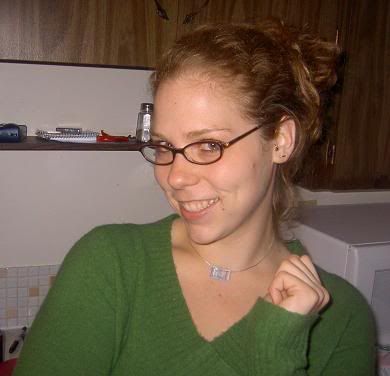Sometimes I'm really dim
So, humour me for a minute because I’m about to get linguistic:
I think that we all know what a syllable is, in principle; but it is actually way more complicated than you probably ever realized. A syllable is made up of 2 parts: an onset and a rime. The onset is optional; the rime is mandatory. The rime can then be further broken up into a nucleus and a coda. The nucleus is mandatory; the coda is not. Here is a diagram from Wikipedia. So basically, all you really need is a nucleus to have a syllable because the other two are optional. Usually this is a vowel, but it can also be a syllabic consonant like the ‘l’ in “bottle” or the ‘n’ in “button,” but that’s beside the point. The point is that, for the most part, a syllable would rather have an onset than a coda. This means that if you put a syllable with a coda in front of a syllable that doesn’t have an onset, chances are good that the second syllable will, in essence, steal the coda of the first syllable and make it his onset. This is, apparently (and I say apparently because I don’t speak French), pretty obvious in French with words like “bonjour” and “bon ami.” As far as I understand it, you don’t pronounce the ‘n’ in “bonjour;” it does affect the preceding ‘o,’ however making it nasalised. But in “bon ami” the ‘n’ gets pronounced; the thing is that it is more pronounced as part of the second syllable than part of the first (ie, bon ami vs. bo nami). The last thing I need to say on this is that both the onset and the coda can be consonant blends; so, in the word “trash” the onset is ‘tr,’ the nucleus is ‘a,’ and the coda is ‘sh.’
Okay, this was all leading up to a realization I had the other day. I walked past a first aid kit here in Germany and written on it were the words “ERSTE HILFE.” This translates, literally, to “FIRST HELP.” And I was so shocked by this because I realized that my whole life I’ve been treating “first aid” like an unanalyzed chunk and didn’t even think that it meant, like, “first help.” I blame this on the linguistics of the situation. I think that because “aid” is missing an onset, and “first” has one to freely give away, I’ve kind of been pronouncing it “fir staid” and not really realizing the meaning behind the two separate words.
I feel like such a nerd for 2 reasons:
- I didn’t really get the meaning of one of the most common phrases in my life for the past 5 years (Century sells an awful lot of first aid kits).
- I can explain it linguistically.


3 Comments:
Oh Bari, you are a nerd. But you're so cool!
Word up!
what the??? ICAMU, FIFO, EXPEDITE.......
-J. nanonymous
Post a Comment
<< Home